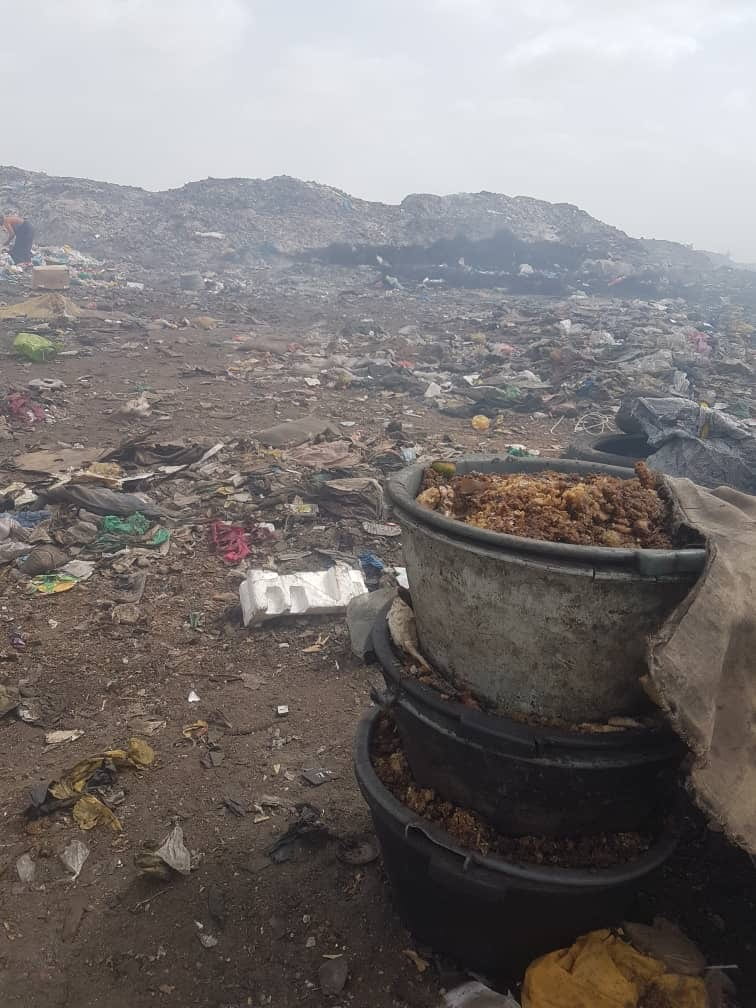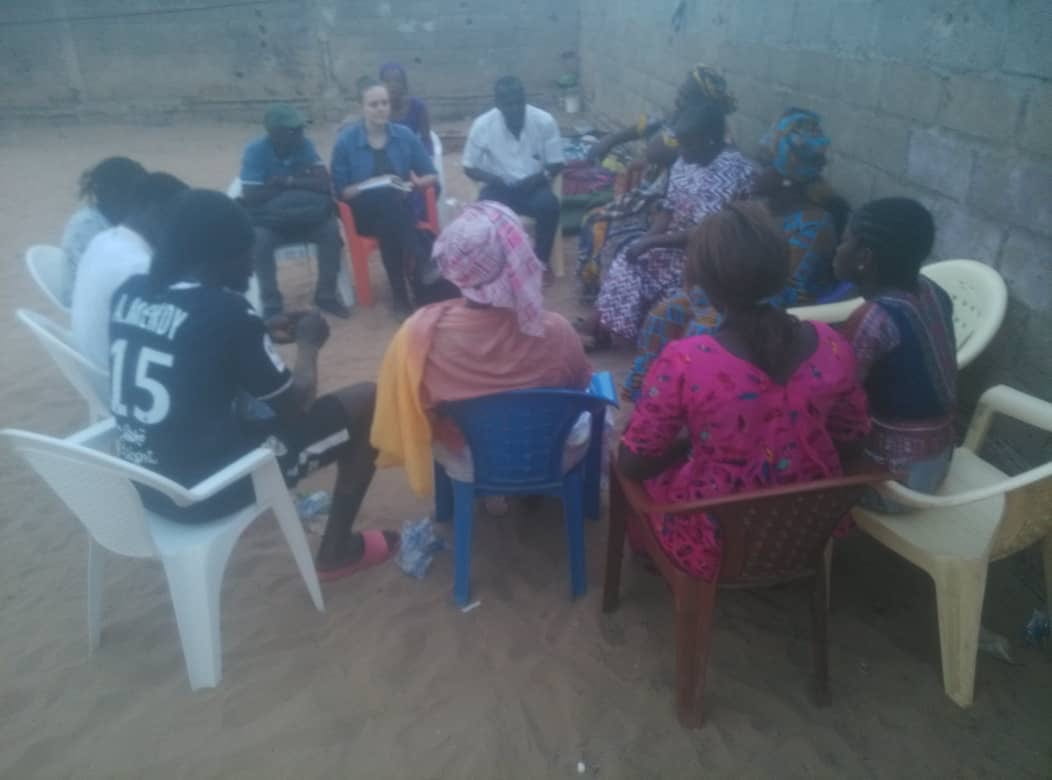Rachael Mattson
Women in Informal Employment, Globalizing and Organizing (WIEGO)
Dakar, Senegal
The month of July was more focused around the administrative side of things for WIEGO. This included catching up on reports along with primarily planning upcoming activities and finalizing the quarterly budget. While I was able to contribute much more to brainstorming plans regarding the RWCC areas with waste pickers organizing, there were many areas where I realized the scope of the initiatives in Dakar that I was not aware of, and I am grateful for the opportunity I had to learned a lot about the local context and the organizational and capacity building efforts going on through these planning session. During phone calls with the organization and teams, I have been meeting many other members of WIEGO’s various programs and the international teams they are made up of. While most of WIEGO’s calls will have someone present as the designated translator, various circumstances came up where there was a translator needed, and I was able to step in (English to French and vise versa). I also took notes on these calls and continued to write reports and send them had French and English to whoever had been on the call.
We have also recently moved into a new office in Malika, which happens to be very close to the Mbeubeuss garbage dump where I am conducting my research. My advisor was able to come out for a week and a half for us to do research, which opened up the doorway to start gaining connections with many waste pickers and gain insight into what had been going on. WIEGO’s goal is not to tell waste pickers what to do, but to accompany workers’ organizations to organize in order to better negotiate with authorities and protect their way of life. Along with continuing to support the association of Bokk Diom, some important steps recently have included the increased mobilization of women, who have created an Association of women food waste pickers.
I was incredibly excited to find that this had been created the month before I got there, because it was a group that had previously not been organized. The question of identity and organizing is important to better understand the categories of labor that they occupy and what this means. Part of this is aimed especially at working with women to see how to bring them into the conversation and support them in the work that they do. For alternatives or even in order to have a more inclusive waste management system, there needs to be inclusion of waste pickers who have deep material knowledge of this work and various recycling practices. Thinking longer term and about other possible trajectories, organizing is a powerful way to help to improve working conditions, fight against marginalization and stigma, and push for greater social protection.
There continues to be speculation about constructing various new infrastructures at Mbeubeuss including a sorting and compost facility on site, but how many waste pickers would have access to jobs in these new facilities is not certain. This is particularly unclear for women waste pickers. Through my research, I learned that they may also not be desirable positions for many who enjoy the flexibility of the informal labor they engage in, especially for woman who have to juggle so many other responsibilities including managing the household and childcare. It could also have huge impacts for neighboring economies that rely on access to the dump, such as the Ndiago neighborhood where much of my research is also focused. Through my research and internship, I have seen first hand how livelihoods depend on this work. It allows workers to provide for themselves and their families, and many have a sense of pride in their honest work despite the intense stigma they face. This intricate connection between questions of gender, informal labor, and created and perceived value continue to lie at the heart of my research.

